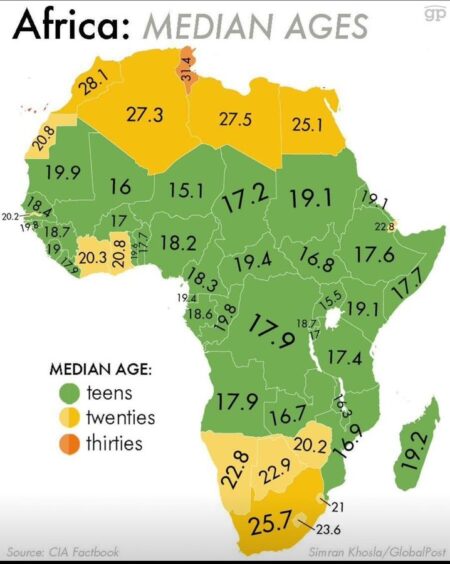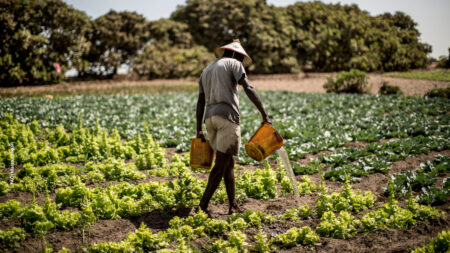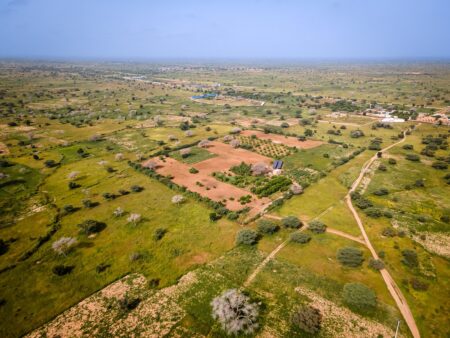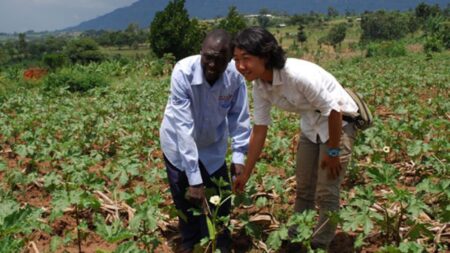Kenya is working on designing programmes to promote youth investments in agribusiness.
The programmes include providing access to markets for youth in agribusiness, access to affordable and youth friendly financial services for agri-preneurship, which could be done in form of seed capital as well as establishing innovative information and knowledge sharing platforms.
Speaking during the East African Youth Congress Trust Webinar Livestock, Fisheries and Cooperatives Ministry’s Chief Administrative Secretary Anne Nyaga said the programmes are being addressed through strong collaborations and partnerships aimed at supporting the youth in the country in the wake of Covid-19 pandemic that has seen over 700, 000 people lose their jobs.
“The Ministry and other relevant bodies are working together to not only create an enabling environment for the youth to explore business opportunities along agricultural value chains, online marketing/e-commerce of agricultural products locally and regionally but also come up with trusted digital networks to help fill the gaps in supplies, price information and distributorships among others,” she said.
She said the Ministry in partnership with County Governments and development partners has already started a virtual training to equip youth with appropriate agribusiness skills.
She says the initiatives will help cushion the youth that have been the most affected in the covid-19 pandemic.
Nyaga said the pandemic’s impact on food and nutrition security is also threatening to Kenyans.
“It is critical that the associated policies, regulations and laws are timely passed in order to assist the populace especially the youth, women, the elderly, children, urban poor and vulnerable members of society to overcome the detriments of COVID-19. With aggressive policy action, the COVID-19 pandemic could be overturned in a shorter period of time,” she emphasized.
The government announced plans to spend $537 million on a stimulus package to support businesses that have been hit by the coronavirus pandemic.
In the stimulus package, the government plans to fast-track the payment of pending bills and tax refunds to companies, provide temporary employment programs for young people, farm-inputs subsidies, and rehabilitation of roads, schools, and water facilities.
The government will also speed up payments of cash transfers to the elderly, disabled persons, orphans and vulnerable children.
The stimulus package will take effect in the fiscal year starting July 1.
“The Ministry in partnership with County Governments and development partners has already started implementing public programs for food and nutrition security,” she noted.
While many governments are now acknowledging that COVID-19 will be a long-term problem, Nyaga noted the government has opened up some parts of the economy to alleviate the economic situation as a slow recovery of economic activities may lead to broken supply chains, struggling food processing as many firms try to fix their finances.
“Reliance on accurate data for decision making will foster appropriate emergency response, recovery, and resilience of governments to adapt to the new normal occasioned by the COVID-19 pandemic. Without these strategic interventions, the world’s population could plunge into extreme poverty and thus exacerbate hunger and malnutrition incidences to about 140 million people,” she added.
According to the latest report from World Bank, despite the government’s efforts to mitigate the impact of corona virus on food security, millionsof Kenyans are at risk of facing starvation as the impact of Covid-19 and locust invasion on food security escalates.
The Report says food security in Kenya is facing twin shocks from restrictions in place due to the Covid-19 crisis and the earlier locust attack, contributing to a spike in food prices.
“While Kenya’s cereal producing counties were spared the first-round of the locust invasion, there is high probability that the second-round towards mid-year could impact major food growing areas. The government is implementing a number of measures to mitigate the impact of the corona virus on food security and food prices,” the report states.
The report also projects inadequate rainfall that could result in poor harvest that will lead to high food prices, increased food imports and could widen the current account deficit and weigh in on macro stability.
Also Read: A Political Economy Discussion On Pre-and Post-pandemic Nigerian










